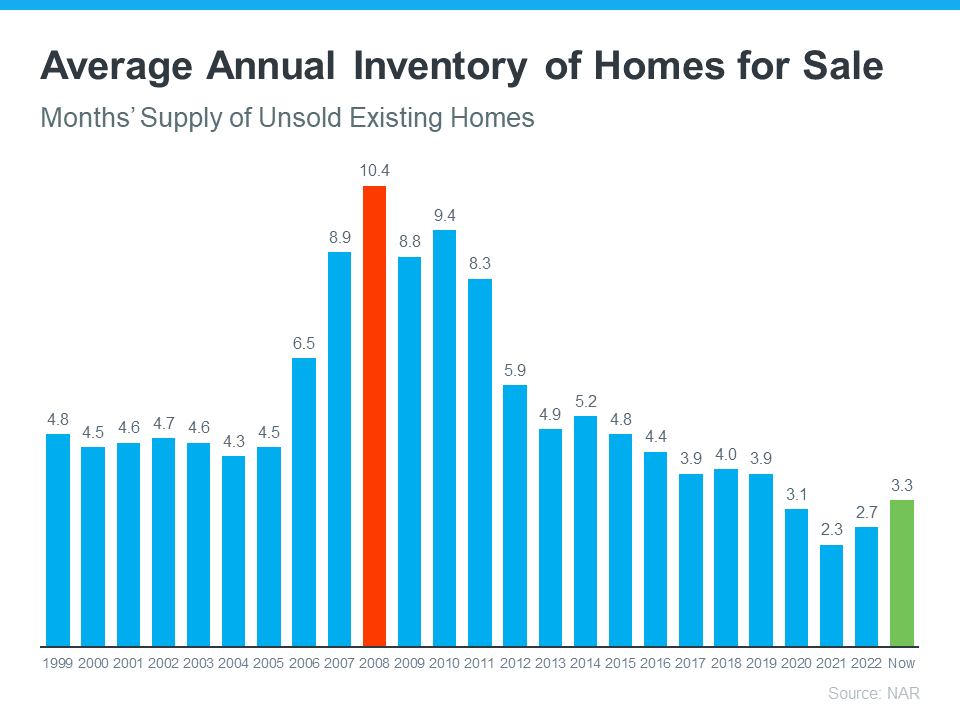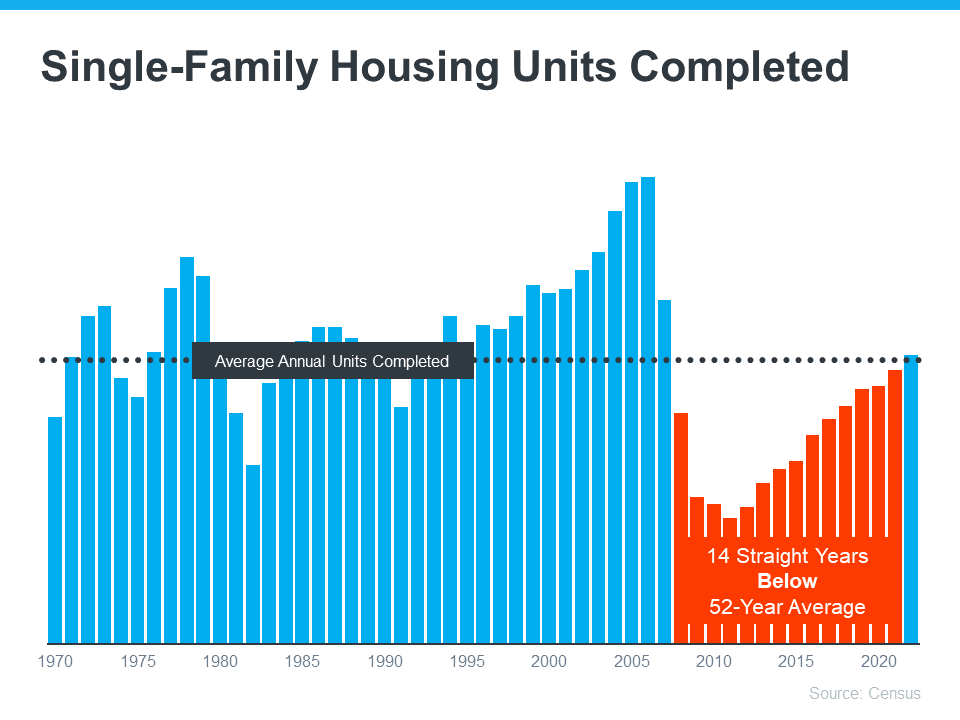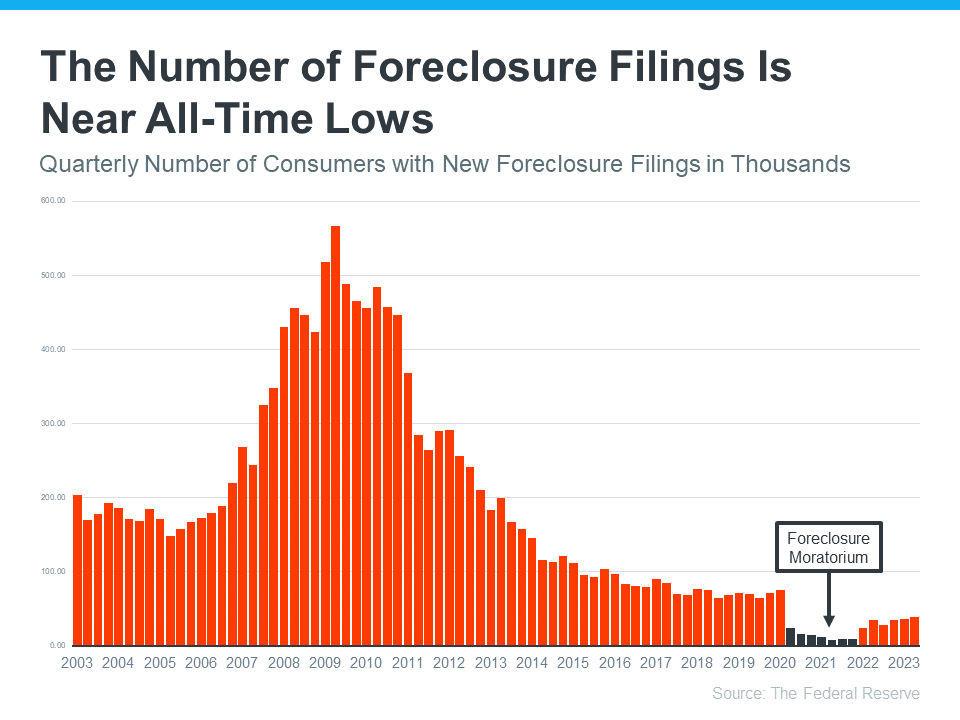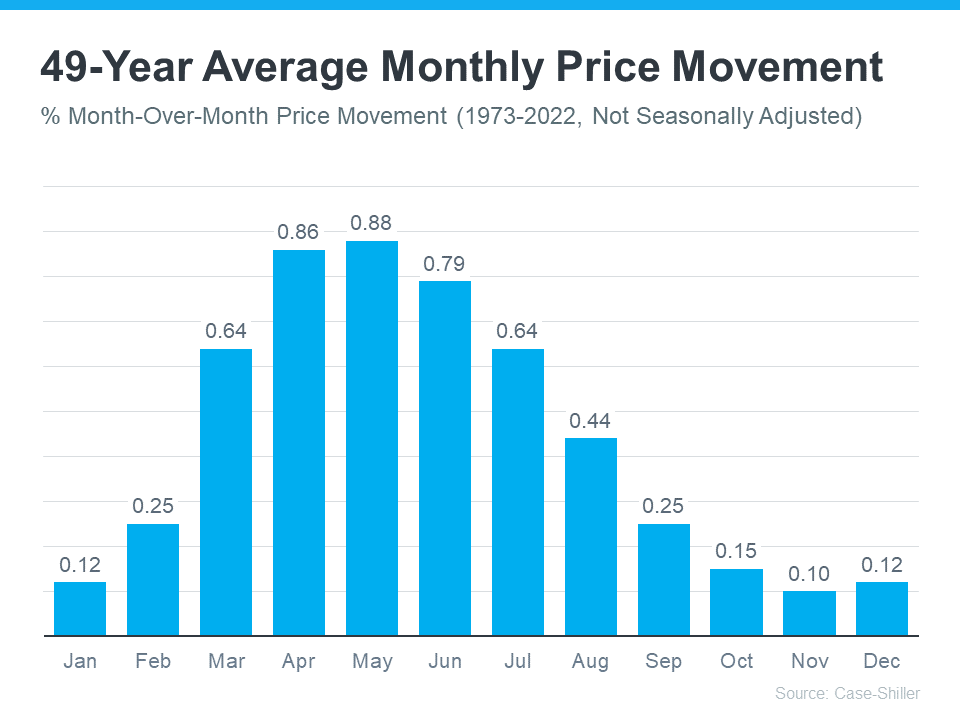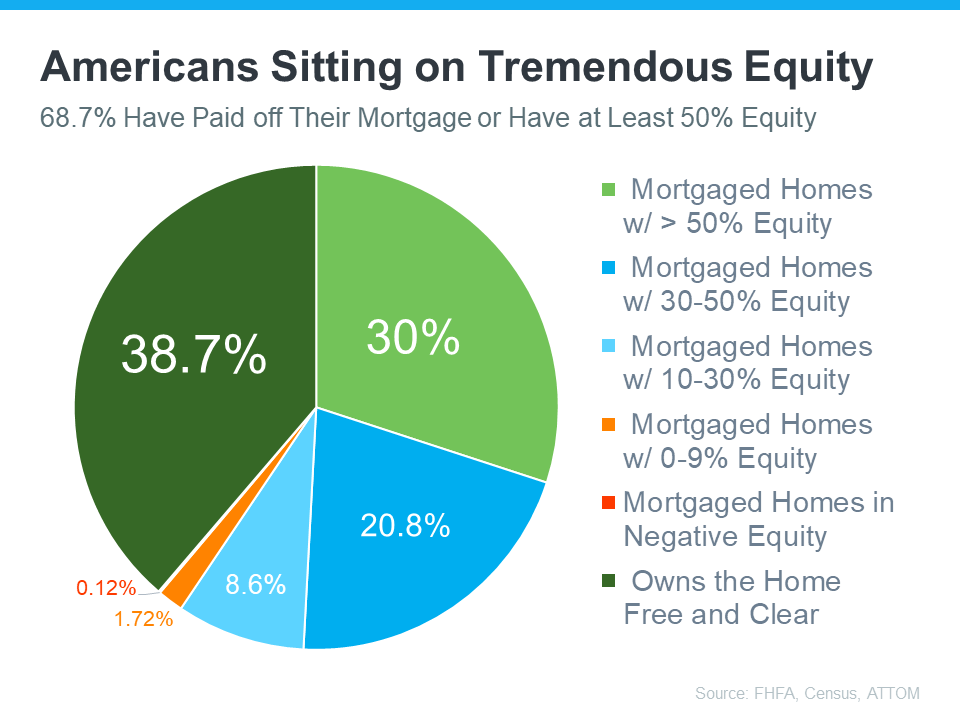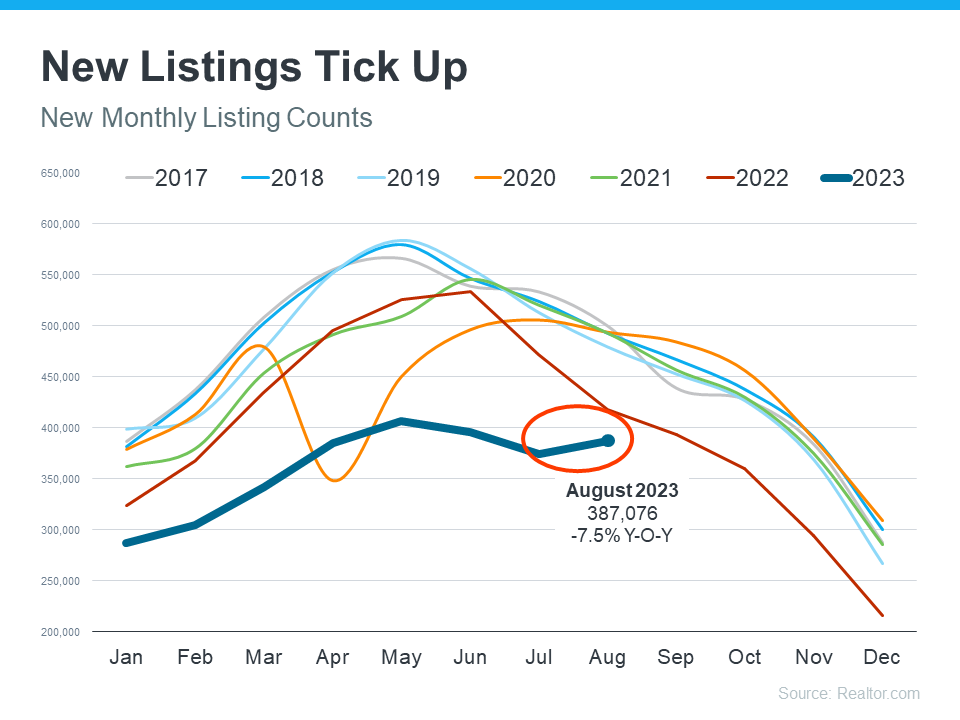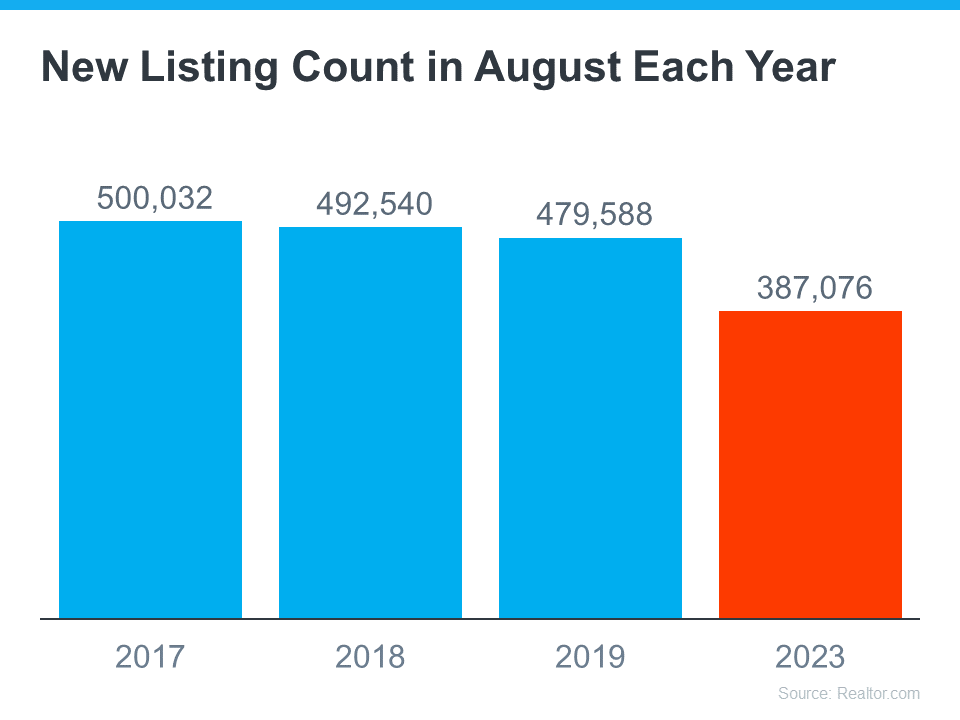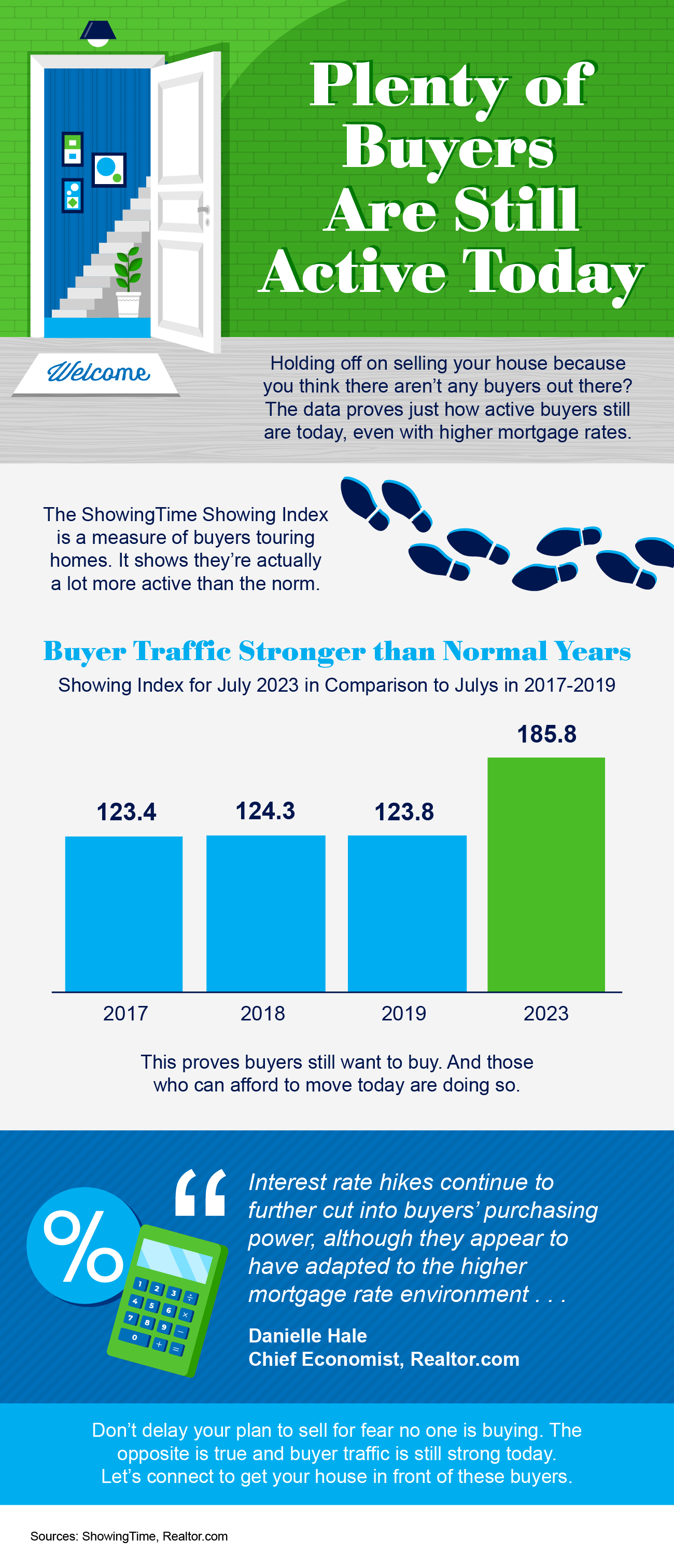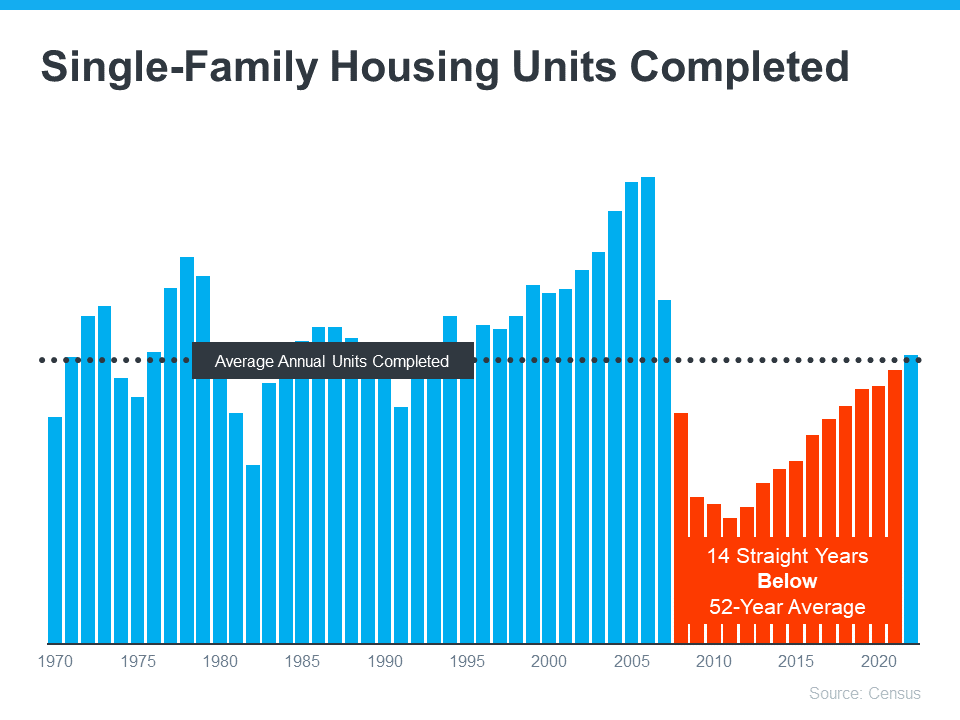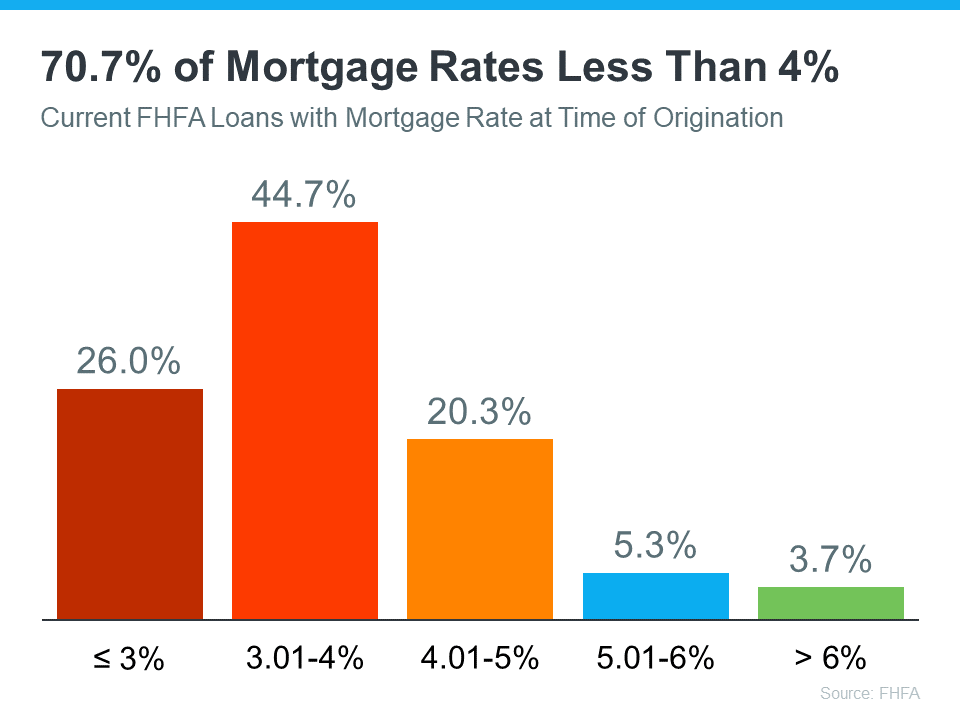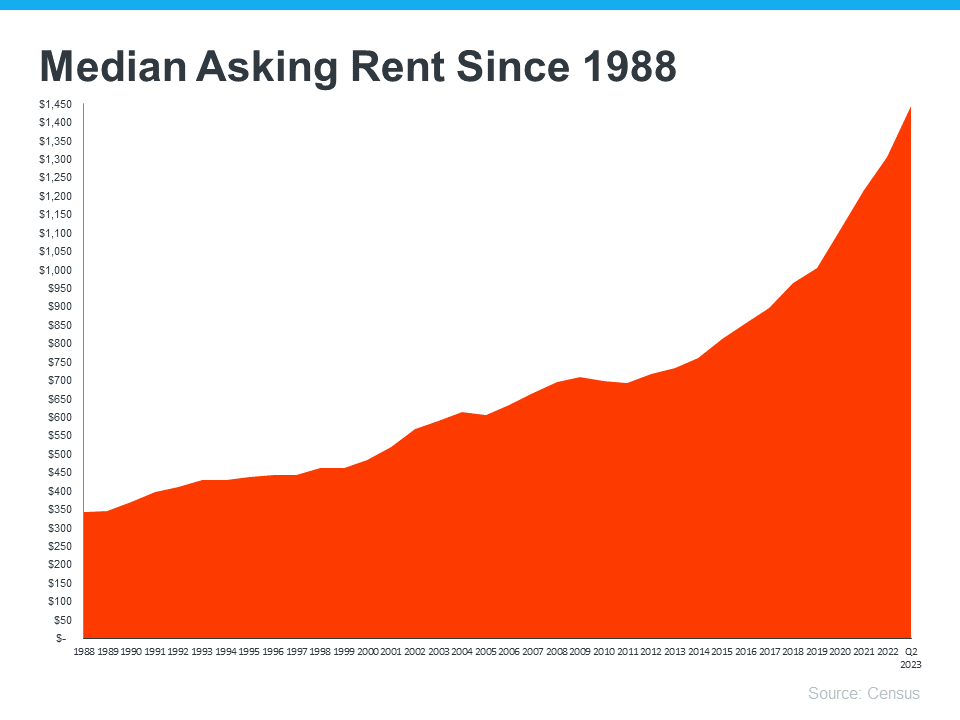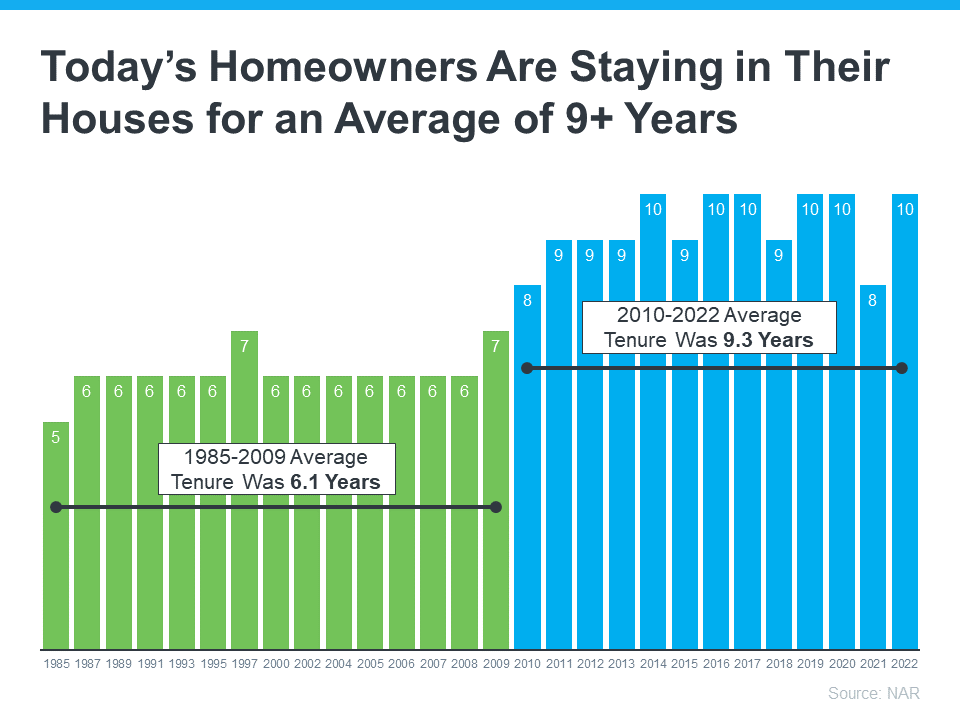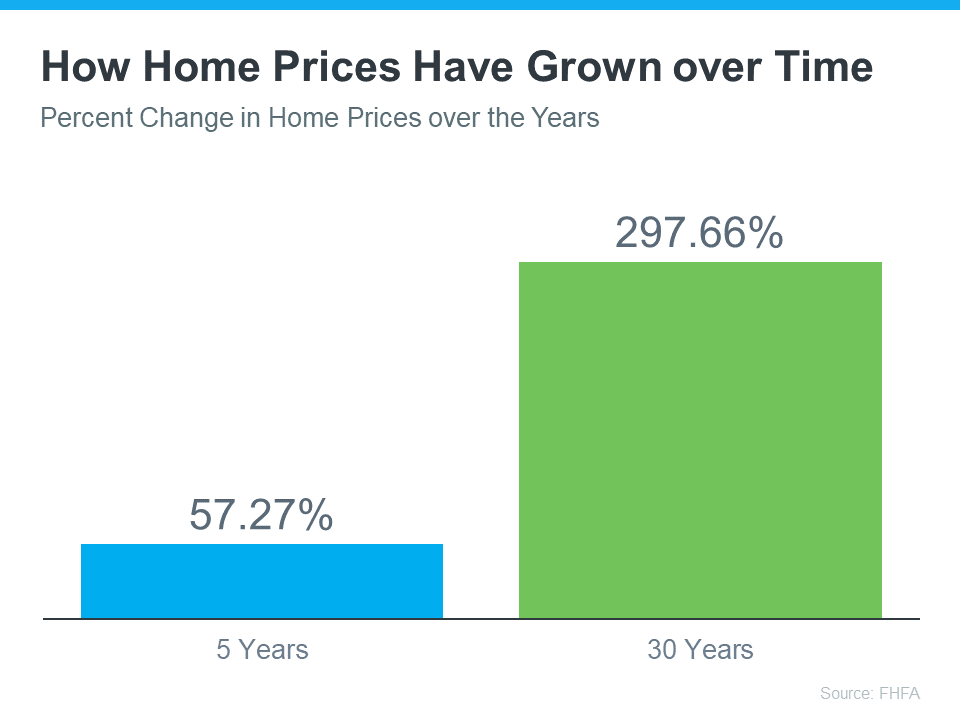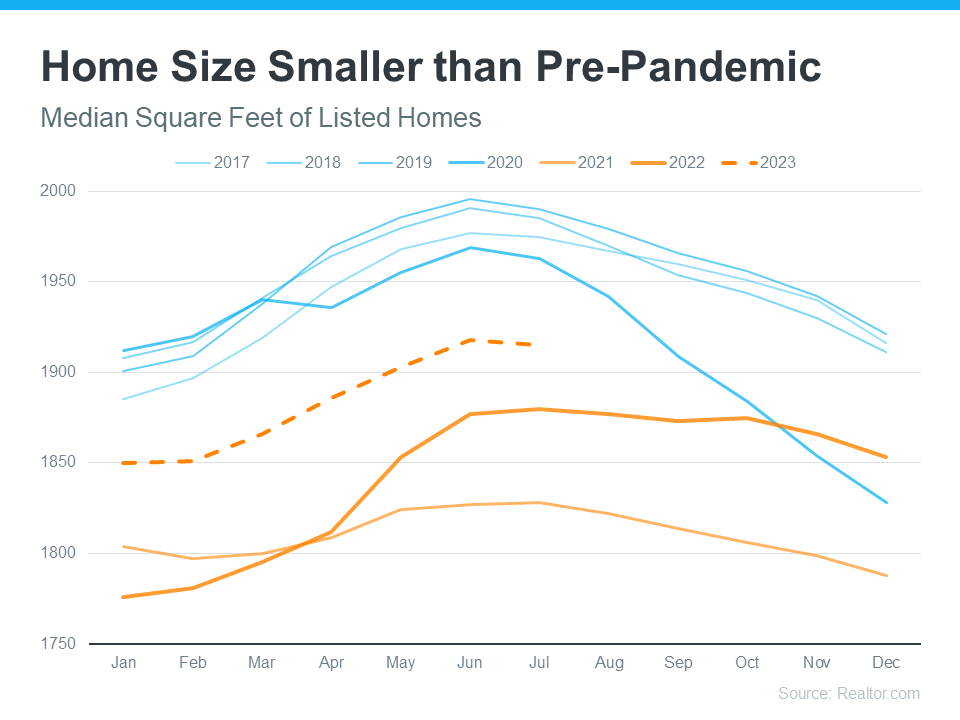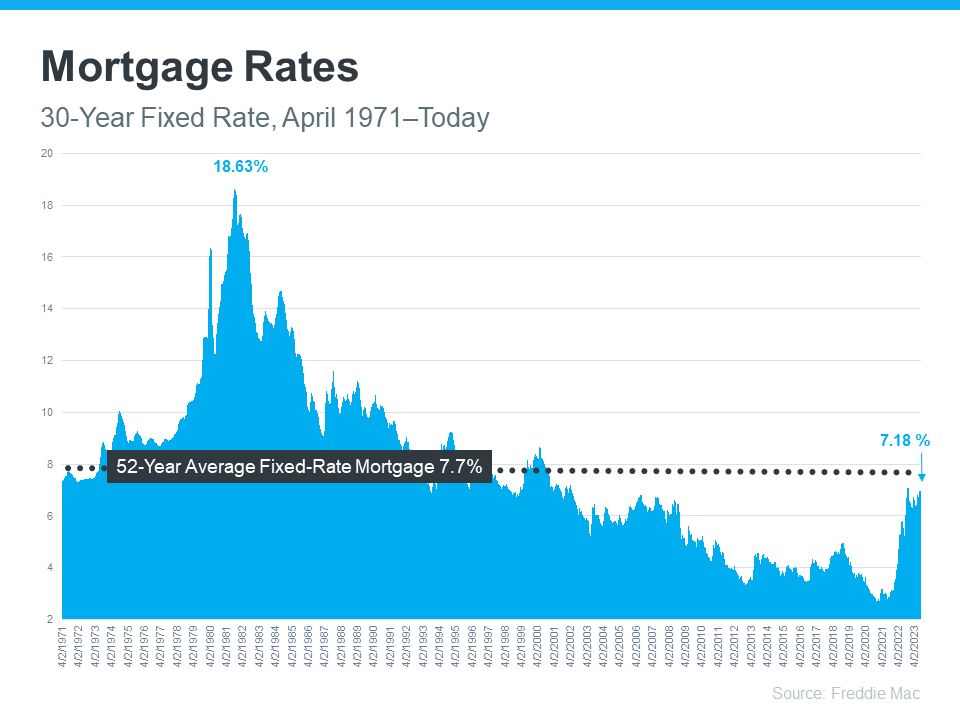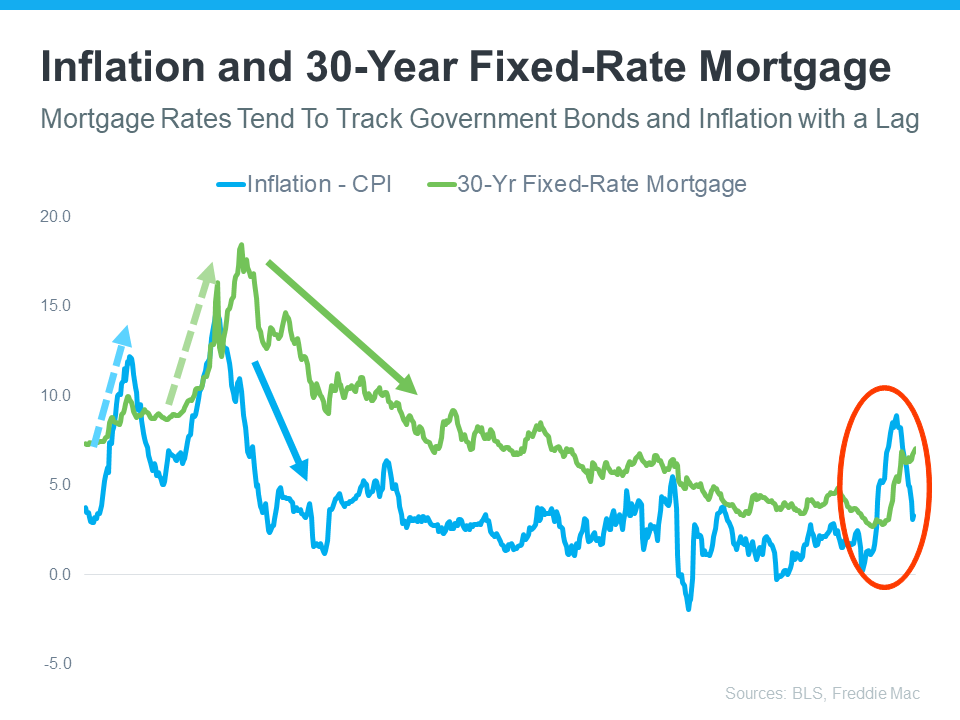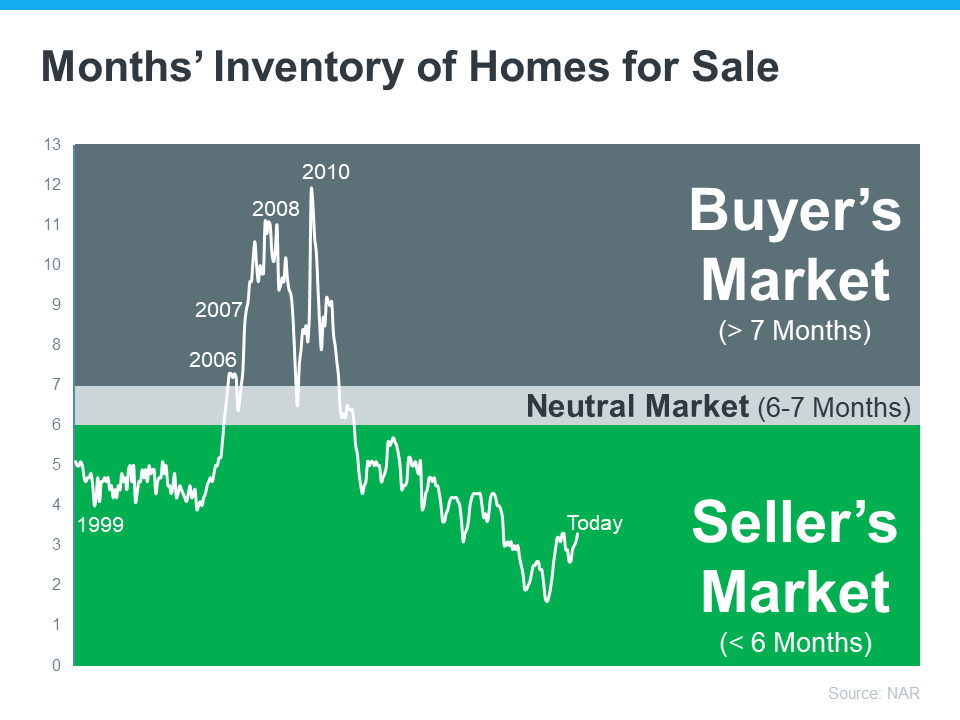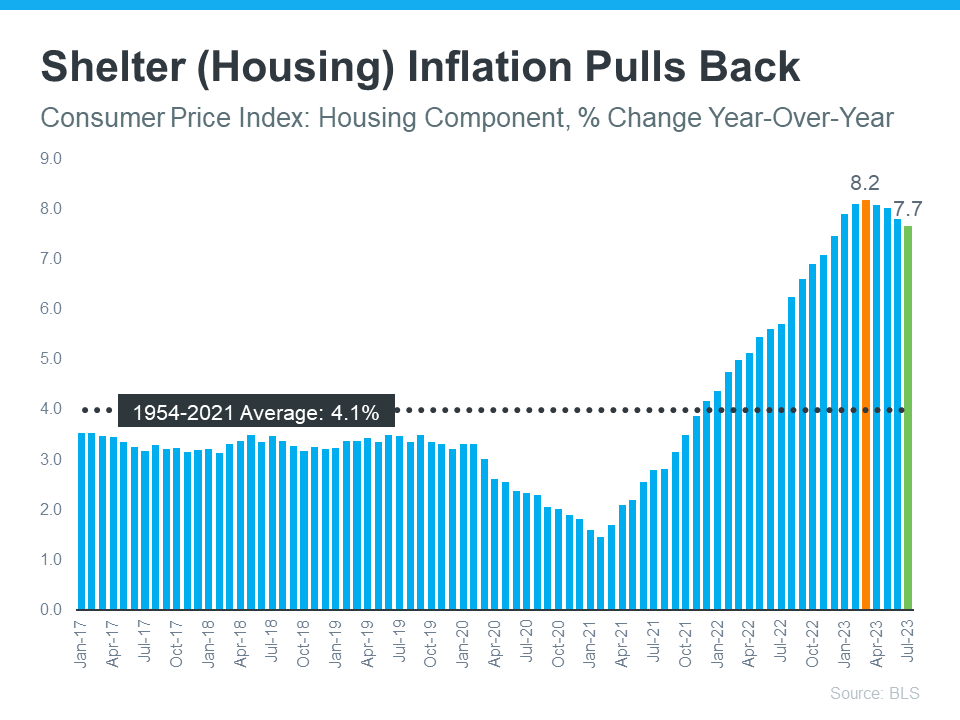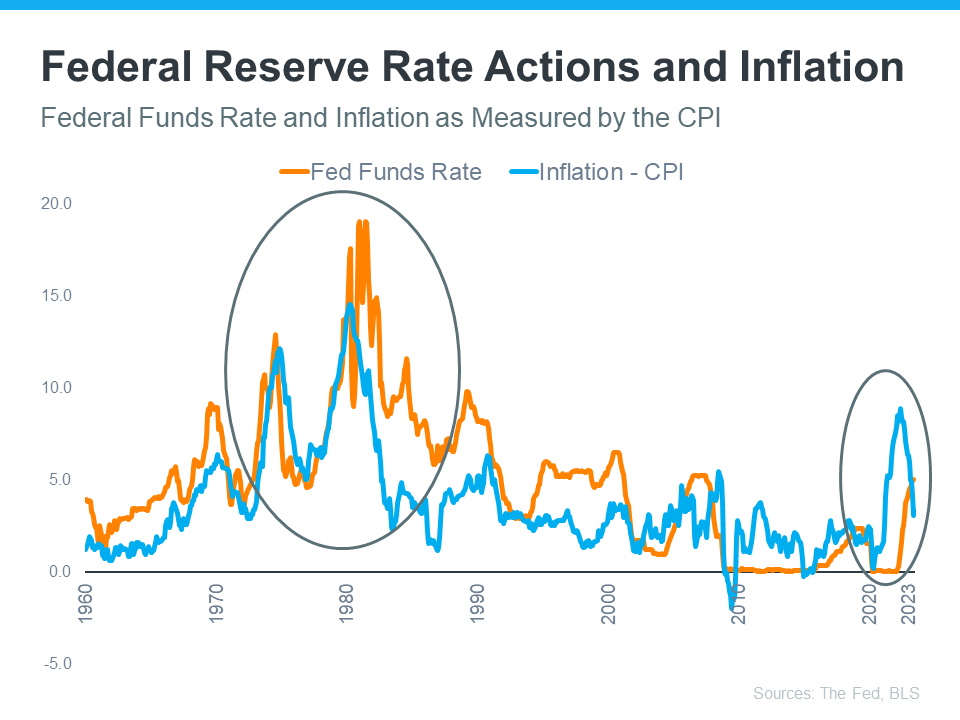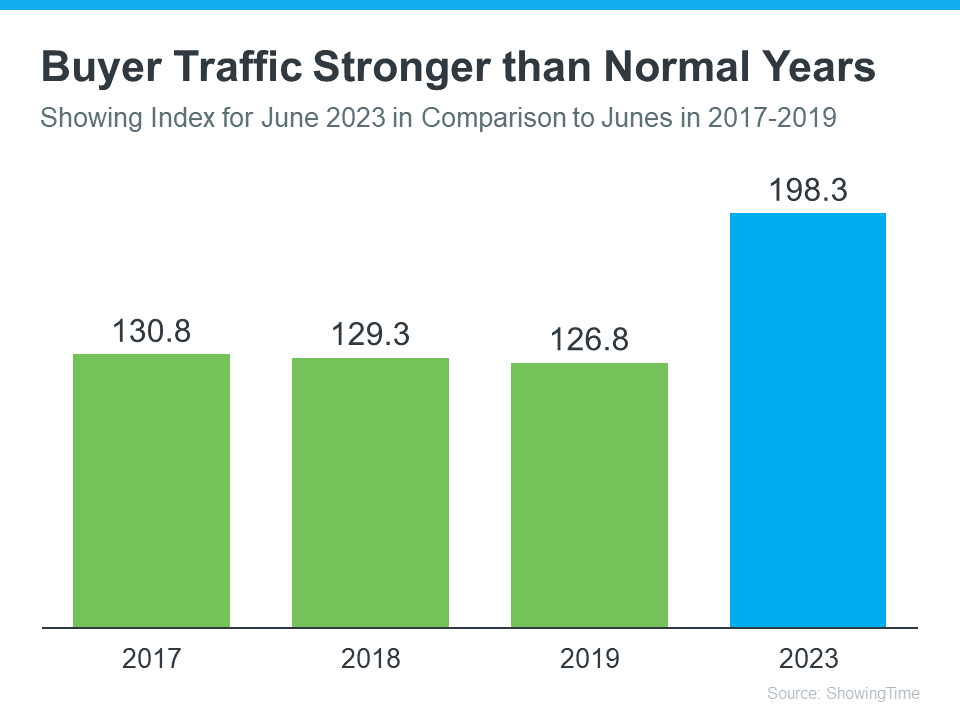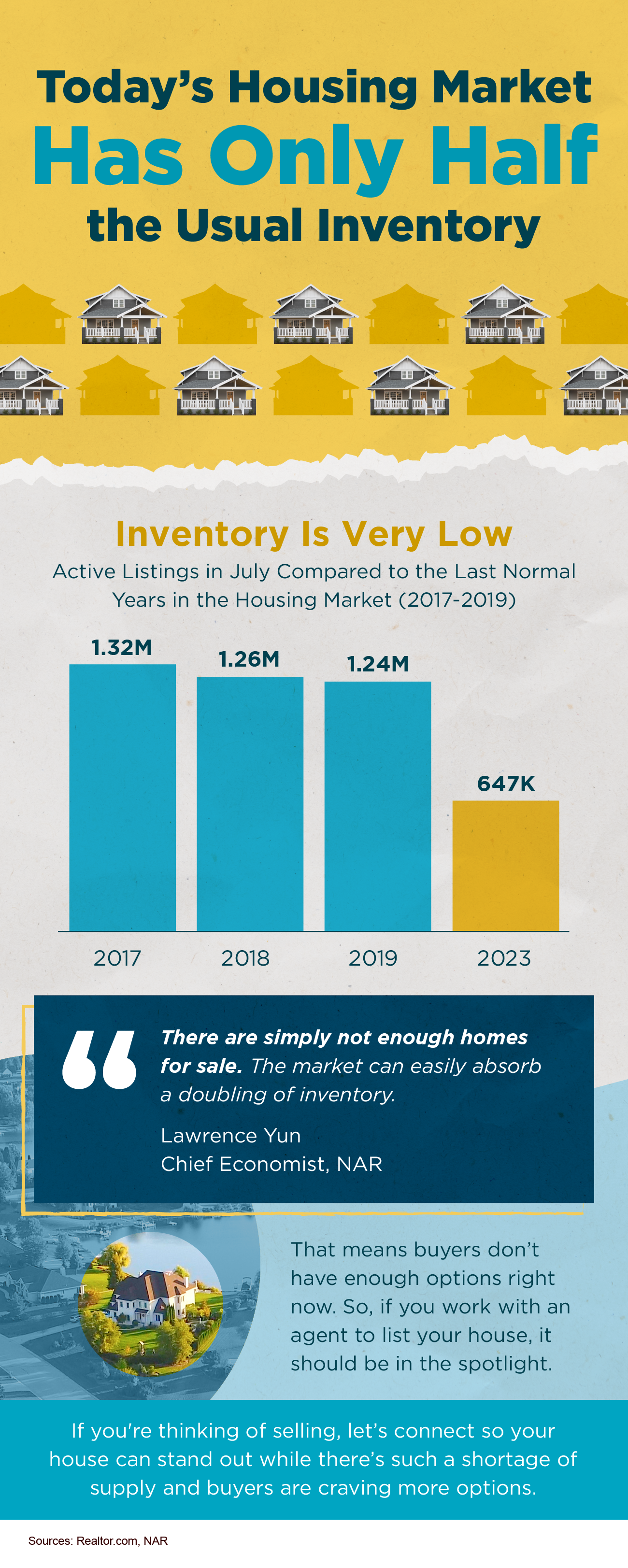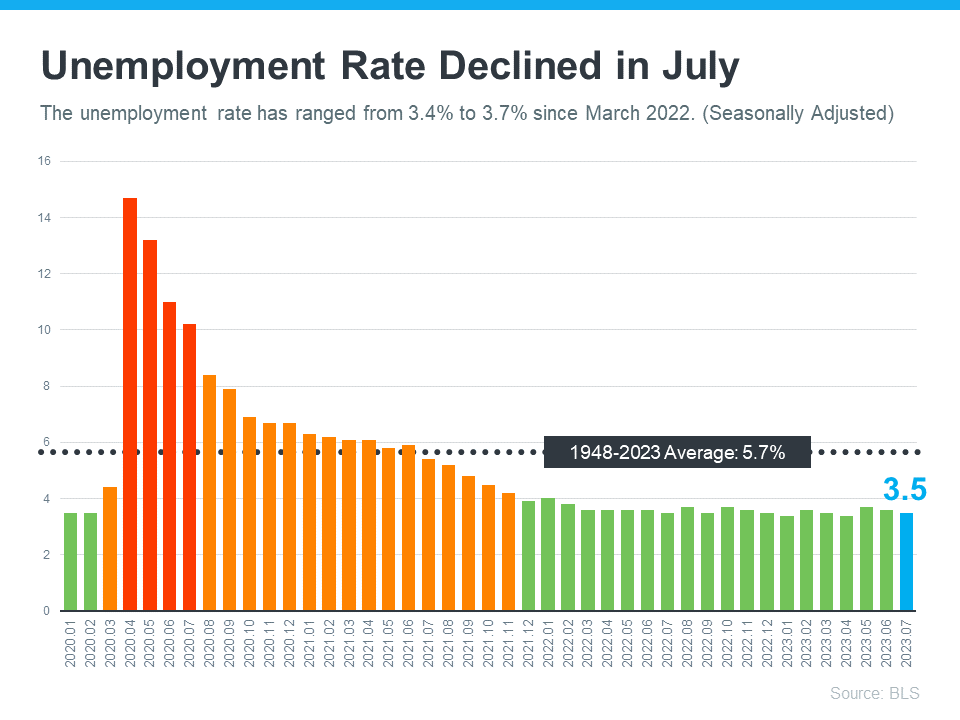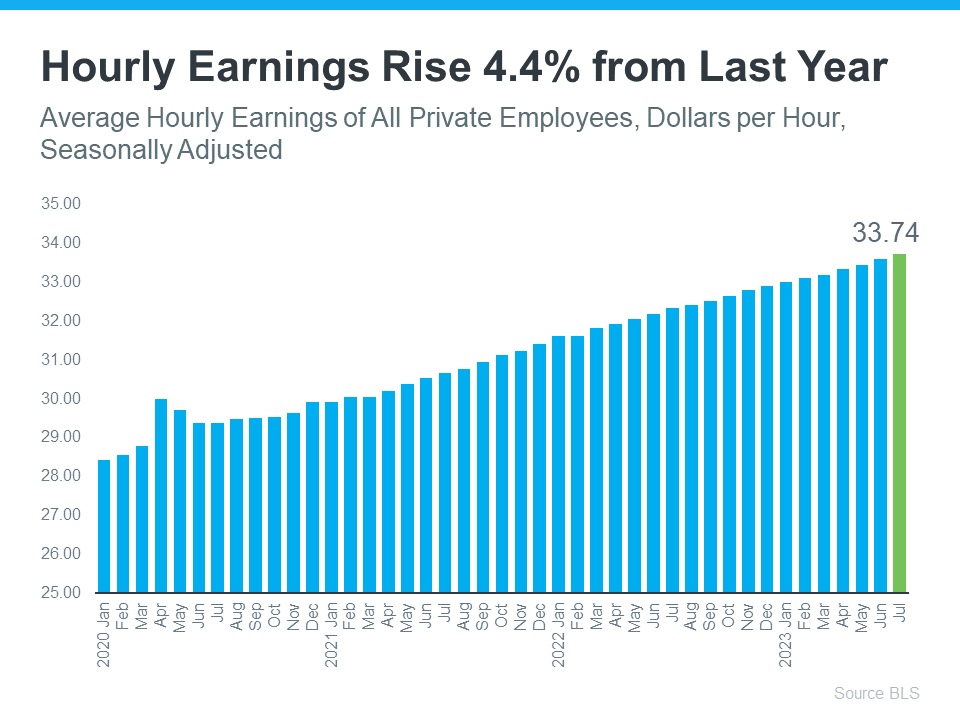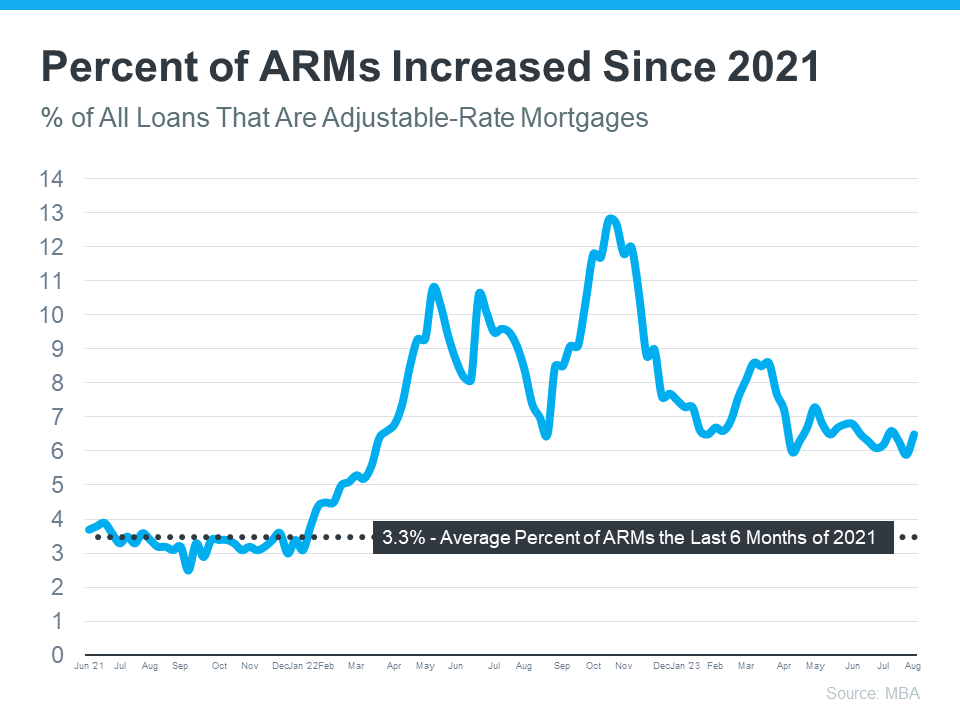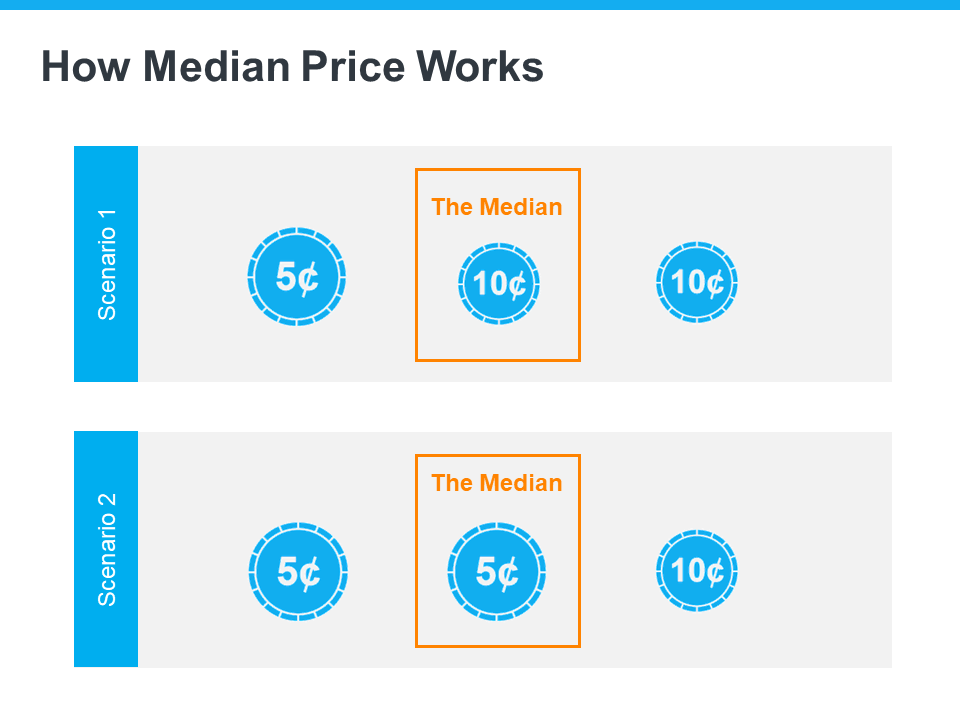- Wondering why the supply of homes for sale is limited today? There are a few factors at play.
- Lack of building over time, the mortgage rate lock-in effect, and people staying in their houses longer are three of the main reasons why supply is low.
- But real estate agents know exactly where to look and what to do to make your dream a reality. Let’s connect so you have an expert on your side to help you successfully navigate the market and find your next home.
Wondering why the supply of homes for sale is limited today?
[exclusive_id] => [expired_at] => [featured_image] => https://files.keepingcurrentmatters.com/content/images/20230928/Explaining-Todays-Low-Housing-Supply-KCM-Share.png [id] => 15569 [kcm_ig_caption] => Wondering why the supply of homes for sale is limited today? There are a few factors at play. Lack of building over time, the mortgage rate lock-in effect, and people staying in their houses longer are three of the main reasons why supply is low. But real estate agents know exactly where to look and what to do to make your dream a reality. DM me so you have an expert on your side to help you successfully navigate the market and find your next home. [kcm_ig_hashtags] => realestate,homeownership,homebuying,realestategoals,realestatetips,realestatelife,realestatenews,realestateagent,realestateexpert,realestateagency,realestateadvice,realestateblog,realestatemarket,realestateexperts,realestateagents,instarealestate,instarealtor,realestatetipsoftheday,realestatetipsandadvice,keepingcurrentmatters [kcm_ig_quote] => Explaining today’s low housing supply. [public_bottom_line] =>- Wondering why the supply of homes for sale is limited today? There are a few factors at play.
- Lack of building over time, the mortgage rate lock-in effect, and people staying in their houses longer are three of the main reasons why supply is low.
- But real estate agents know exactly where to look and what to do to make your dream a reality. Connect with an agent so you have an expert on your side to help you successfully navigate the market and find your next home.
Explaining Today’s Low Housing Supply [INFOGRAPHIC]
Wondering why the supply of homes for sale is limited today?


